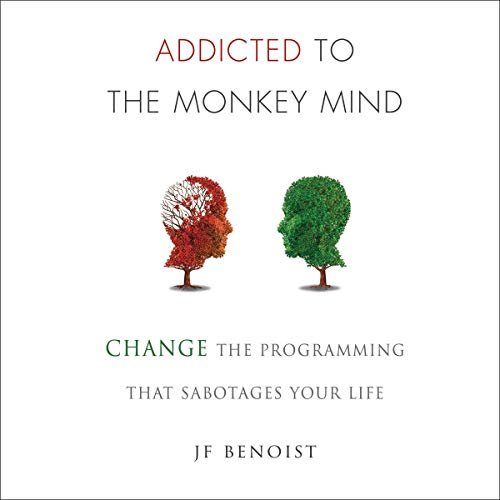
“You do not rise to the level of your goals, you fall to the level of your systems.”
Recommended readings for your therapeutic journey:







Atomic Habits
Atomic Habits
The Happiness Trap
Addicted To The Monkey Mind
Addicted To The Monkey Mind
Adult Children of Emotionally Immature Parents
Adult Children of Emotionally Immature Parents
The Body Keeps The Score
The Body Keeps The Score
Attached.
Attached.